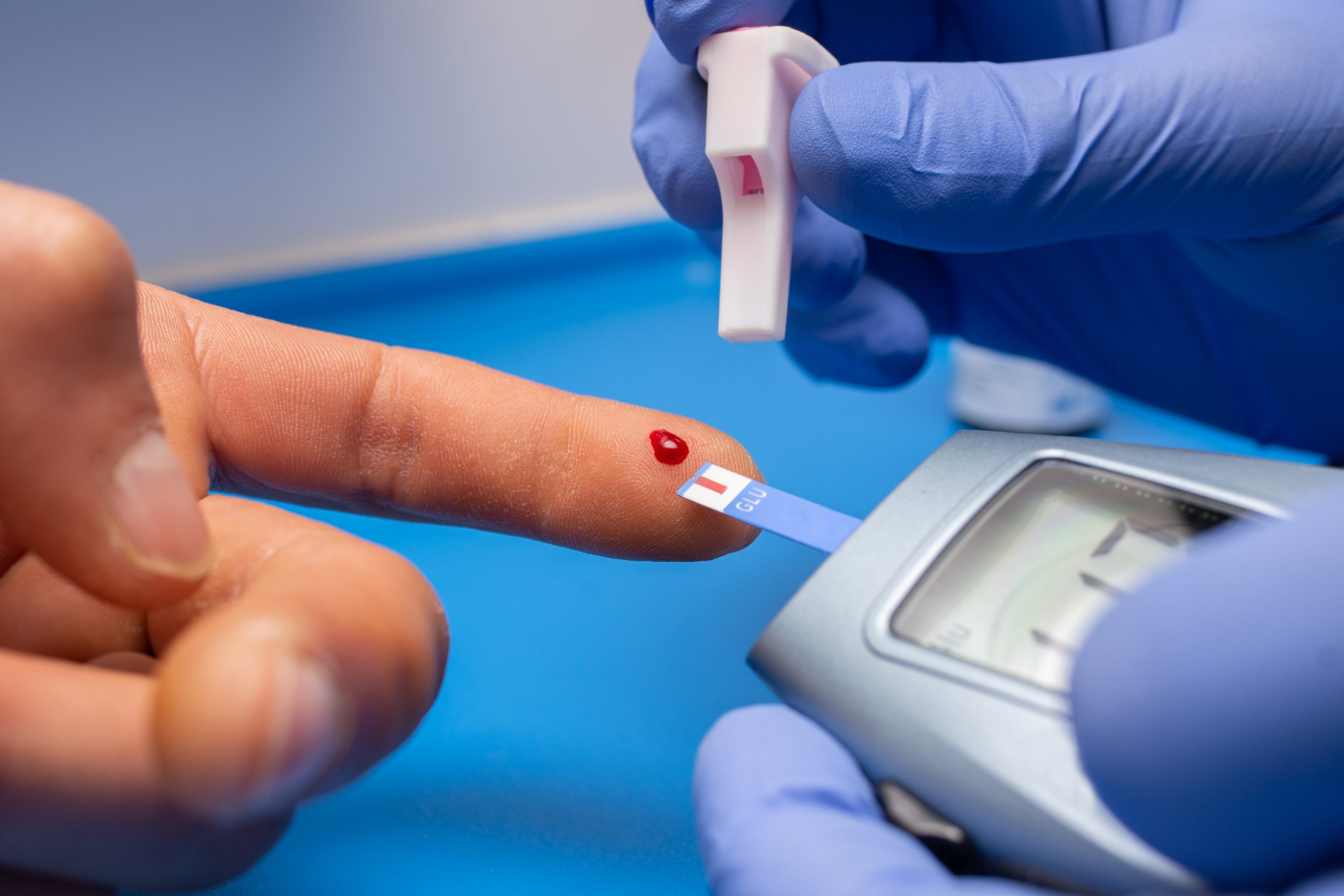

An individual diagnosed with type 2 diabetes at the age of 30 could have their life expectancy cut by up to 14 years, according to an international team of researchers.
Even persons who do not get the ailment until later in life – with a diagnosis at age 50 – may have their life expectancy reduced by up to six years, according to a study of data from 19 high-income countries.
The findings, published in The Lancet Diabetes & Endocrinology, the researchers add, underscore the urgent need to develop and implement therapies that prevent or delay the onset of diabetes, especially as the prevalence of diabetes among younger persons rises globally.
Obesity, poor food, and increasing sedentary behavior are all contributing to a rapid increase in the number of cases of type 2 diabetes worldwide. Diabetes is expected to affect 537 million persons worldwide by 2021, with a growing percentage diagnosed at younger ages.
Diabetes type 2 raises a person’s risk of a variety of complications, including heart attack and stroke, kidney difficulties, and cancer. According to previous estimates, persons with type 2 diabetes die six years earlier than adults without diabetes. However, it is unclear how this overall drop in life expectancy varies according to age at diagnosis.
A team led by scientists from the Universities of Cambridge and Glasgow evaluated data from two major worldwide projects, the Emerging Risk Factors Collaboration and the UK Biobank, which included 1.5 million people in total.
The earlier a person was diagnosed with type 2 diabetes, the shorter their life expectancy. Overall, each decade of diabetes diagnosis was related with a four-year reduction in life expectancy.
Using data from the US population, it was predicted that people with type 2 diabetes diagnosed at the ages of 30, 40, and 50 died roughly 14, 10, and 6 years earlier, respectively, than people without the illness. Women had slightly higher estimations (16, 11, and 7 years, respectively) than men (14, 9, and 5 years, respectively).
In analyses utilizing EU data, the conclusions were largely similar, with corresponding estimates of roughly 13, 9, or 5 years earlier death on average.
Professor Emanuele Di Angelantonio from the Victor Phillip Dahdaleh Heart and Lung Research Institute (VPD-HLRI), University of Cambridge, said: “Type 2 diabetes used to be seen as a disease that affected older adults, but we’re increasingly seeing people diagnosed earlier in life. As we’ve shown, this means they are at risk of a much shorter life expectancy than they would otherwise have.”
“Type 2 diabetes can be prevented if those at greatest risk are identified and offered support – whether that’s to change their behavior or to provide medication to lower their risk,” said Dr Stephen Kaptoge of the VPD-HLRI. However, there are structural improvements that we as a society should pursue, such as modifications to the built environment to encourage increased physical exercise, and so on.
“Given the impact type 2 diabetes will have on people’s lives, preventing – or at least delaying the onset – of the condition should be an urgent priority.”
The majority of the drop in life expectancy associated with diabetes, the researchers discovered, was attributable to ‘vascular fatalities,’ or deaths caused by illnesses such as heart attack, stroke, and aneurysms. Other complications, such as cancer, also reduced life expectancy.
“Our findings support the idea that the younger an individual is when they develop type 2 diabetes, the more damage their body accumulates from its impaired metabolism,” said Professor Naveed Sattar of the University of Glasgow’s Institute of Cardiovascular & Medical Sciences. However, the data imply that early detection of diabetes through screening followed by aggressive glucose treatment could help prevent long-term problems.”
The Medical Research Council, British Heart Foundation, Health Data Research UK, and NIHR Cambridge Biomedical Research Centre all provided funding to the Cambridge team.
more recommended stories
 Pediatric Crohn’s Disease Microbial Signature Identified
Pediatric Crohn’s Disease Microbial Signature IdentifiedKey Points at a Glance NYU.
 Nanovaccine Design Boosts Immune Attack on HPV Tumors
Nanovaccine Design Boosts Immune Attack on HPV TumorsKey Highlights Reconfiguring peptide orientation significantly.
 High-Fat Diets Cause Damage to Metabolic Health
High-Fat Diets Cause Damage to Metabolic HealthKey Points Takeaways High-fat and ketogenic.
 Acute Ischemic Stroke: New Evidence for Neuroprotection
Acute Ischemic Stroke: New Evidence for NeuroprotectionKey Highlights A Phase III clinical.
 Statins Rarely Cause Side Effects, Large Trials Show
Statins Rarely Cause Side Effects, Large Trials ShowKey Points at a Glance Large.
 Can Too Many Antioxidants Harm Future Offspring?
Can Too Many Antioxidants Harm Future Offspring?Key Takeaways High-dose antioxidant supplementation in.
 Anxiety Reduction and Emotional Support on Social Media
Anxiety Reduction and Emotional Support on Social MediaKey Summary Anxiety commonly begins in.
 Liquid Biopsy Measures Epigenetic Instability in Cancer
Liquid Biopsy Measures Epigenetic Instability in CancerKey Takeaways Johns Hopkins researchers developed.
 Human Antibody Drug Response Prediction Gets an Upgrade
Human Antibody Drug Response Prediction Gets an UpgradeKey Takeaways A new humanized antibody.
 Pancreatic Cancer Research: Triple-Drug Therapy Success
Pancreatic Cancer Research: Triple-Drug Therapy SuccessKey Summary Spanish researchers report complete.

Leave a Comment